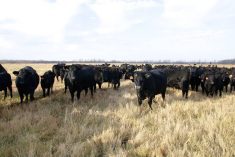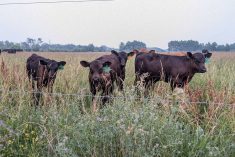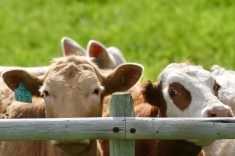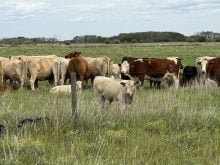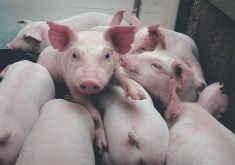RED DEER, Alta. – A two-way plan that will allow poultry and livestock producers to help each other resolve cases of suspected abuse has been set up by the Alberta Foundation for Animal Care.
Known as ALeRT, the plan has two basic services. The first is a toll-free line (1-800-506-CARE) on which people can privately report suspect care of farm animals.
The number will be publicized in farm media and commodity newsletters, said foundation chair Randy Archibald.
“The whole thing has to be confidential. It’s not that we’re trying to cover up any bad producers that are out there… our goal is to clean up the problems that exist,” he said.
Read Also
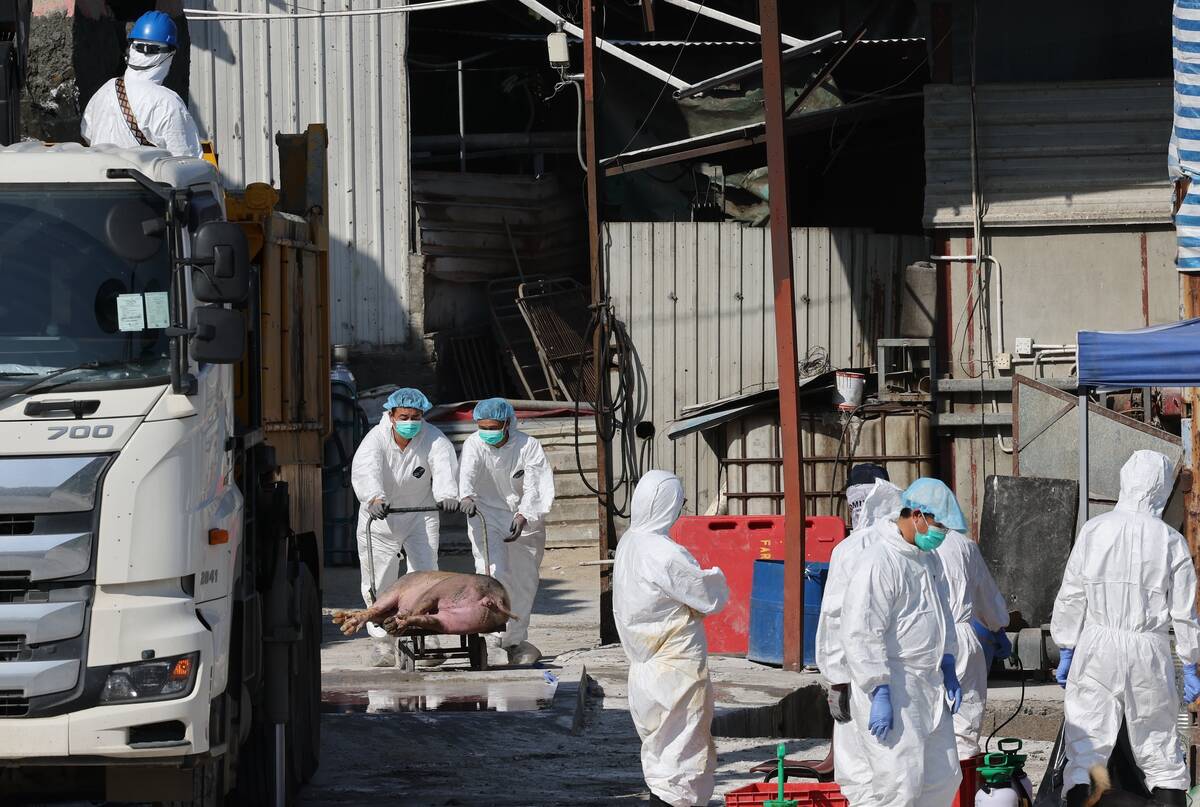
Mixed results on new African swine fever vaccine
The new African swine fever vaccine still has issues, but also gave researchers insight into how virus strain impacts protection against the deadly pig disease.
Ontario’s farm animal council started a similar service called the Helpline in 1992.
Secondly, the animal care foundation, which includes most livestock and poultry commodity groups, will set up training for producer volunteers on how to help resolve issues of unacceptable animal care. When a complaint is received, a resource team sent out by ALeRT can visit the farm, investigate and in a friendly manner clean up a problem before it gets out of hand, said Archibald.
Depending on the circumstances, the resource team may involve a special constable with the Society for the Prevention of Cruelty to Animals, a veterinarian, an auction market representative or others.
“We’re calling it friendly maintenance to prevent a situation where abuse or neglect is (suspected) and get there before that happens,” he said.
As volunteers, the resource team has no power to make anyone follow its advice and in severe cases the SPCA may have to deal with the producer under the Animal Protection Act.
AFAC hopes these teams can handle potential problems of abuse without hard feelings or embarrassment. Sometimes cases of neglect or abuse evolve from lack of knowledge which can be improved with information from other producers or extension staff from Alberta Agriculture, Archibald said.
“We as producers don’t want to be associated with the rotten apples in the barrel and all the commodities and all the producers I have talked to think this is a great concept where industry helps itself.”




